Vegetarian Cookbook: 20 Vegan Recipes For Weight Loss All photos used in this book, including the cover photo were made available under a Attribution 2.0 Generic (CC BY 2.0) and sourced from Flickr. Table of Contents Vegetarian Cookbook : 20 Vegan Recipes For Weight Los s Introductio n Chapter 1 Vegan Diet and its pitfalls for beginner s Chapter 2 Diet Plannin g Chapter 3 High Protein Gluten Free recipes: Breakfast and Lunch Chapter 4 High Protein Gluten Free recipes: Dinner and Deser t Conclusio n Introduction Before we go into the vegan diet, it is important to know what constitutes as being a vegan. Basically we divide people into four basic categories who follow vegetarian way of living. Lacto-vegetarian: These are the people who only eat dairy products in their diet, like milk, butter, cheese, etc. They do not eat meat, fish, poultry or eggs. Ovo-vegetarians: The individuals who only prefer eggs but no daily products, poultry, fish and meat.
Lacto-Ovo vegetarians: They allow both egg and dairy products in their food, but no other animal made item for consumption. Vegans: These are the individuals who do not eat any animal products like meat, fish, poultry, eggs and dairy products. Vegan diet has been appraised as one of the healthies diets in the society. Vegans have researched and discovered healthier means of getting all the required vitamins, nutrients from a variety of products that are not animal based. For individuals new or uncertain about the life style, here are a few summarized benefits; It can lead to a healthy weight loss, due to decrease in intake of calories. The decrease in fatty acids decreases the likelihood of heart problems and strokes.
It is a good means of preventing or controlling Type 2 diabetes, which results as a means of overweight. Due to decrease in weight, this diet also reduces risk of high blood pressure. All vegan foods are rich in fiber, which helps clean the digestive track, and removes cholesterol and dangerous carcinogens from the body. It also decreases stress and increases happiness. Chapter 1 Vegan Diet and its pitfalls for beginners As mentioned previously, the vegan diet has a lot of advantages. Here we have summarized a list of food items that new vegans have to look forward to.
These are the basics of a vegan diet and are very important. The Vegan Diet: The Vegan diet consists mostly on the following: Staple foods: These beans are a wonderful source of protein Plant based products: This diet replaces all daily products with plant based milks, cheese and mayonnaise. Examples of these include; coconut milk, grain milk, rice milk Chia Seed: These seeds are very healthy and contain omega-3 fatty acids, fiber, proteins, carbohydrates, antioxidants and calcium. It is great substitute for eggs. Flaxseeds: These can also be used as eggs substitutes. It helps reduce the chances of cancer, heart disease, diabetes and stroke.
Fruits: Fruits are great source of fiber, beta-carotene and vitamin C. Vegetables: Of course, this is a basic for any vegan diet. They are packed with iron, fiber, calcium and vitamin C. The above mentioned foods are the basic groups which a Vegan needs to consume for a healthy diet. As with all diets, if care is not taken, it can lead to pitfalls. Vegan diet has a strong presence of pitfalls because people do not realize the requirements of the human body that are being fulfilled by animal products.
When people shift to the this life style, they do not consider the loss of the required minerals and how careful to be to make sure they are compensated for. Because of lack of attention many people fall into the following pitfalls; Calcium deficiency: As most people rely on dairy products for their calcium intake, an unbalanced diet or a diet lacking the necessary calcium foods, can result in calcium deficiency, resulting in fragile and weak bones. Deficiency of Vitamin D: Some individuals take extra care to eat calcium based foods, but forget the necessary Vitamin D. Calcium can remain floating in the bloodstream if it is not absorbed by the bones. Human body needs vitamin D to absorb this calcium. B-12 deficiency: This is an important vitamin that is mainly found in meat, fish and other milk products.
Not many individuals are aware of this vitamin and it results in deficiency which can lead to anemia. Iron deficiency: Vegan diet, not done right, can also cause iron deficiency. The sources of iron found in plants are mostly insoluble, which are not easily dissolved into the body. If extra iron is not taken in the diet, or the use of iron supplements, it can lead to severe iron deficiency. Protein deficiency: Proteins are vital for the human body and if necessary sources of proteins are not included in the diet, it can lead to protein deficiency. Iodine deficiency: Vegan diet choices can have very small amount of Iodine, which can lead to iodine deficiency and even goiter.
Starvation: Because of the decrease in high calorie food, vegans tend to feel hungrier. They need to more portions a day, as compared to non-vegans. Vegans not aware of this inadvertently end up starving themselves, leading to further health complications. Processed food: Most vegans decide to stock up on processed vegan foods to avoid having to make complicated and bland dishes. Processed food does not give the necessary nutrients and benefits that whole vegan foods, mentioned above, do. Increase in weight: Most people increase in their intake of pastas when they shift to the vegan life style.
While these food sources are non-animal based, they do not lead to a healthy diet. Too much can increase your sugar and insulin level, resulting in weight gain and all problems that vegan diet was supposed to reduce. While the above mentioned pitfalls may cause concern, they can be easily managed with the right diet. The vegan diet is tricky because it requires variety and a lot of it, if a person wants to remain healthy. The next chapter will give you a picture of what a balanced diet should contain, and the resources from where you can get your balanced diet. Chapter 2 Diet Planning A healthy diet does not occur naturally, requires lot of careful planning, especially when there are a lot of pitfalls.
In a crux, a healthy vegan diet should contain the following: fruits and vegetables, foods with high starch content, sources high in protein, dairy alternatives and a little amount of sugar and amino acids. A well balanced diet can be planned in a variety of ways. Making a weekly plan of food items, or a list containing daily recipes to eat can help maintain a balanced diet. A Vegetarian diet pyramid is also a useful tool to help plan your diet. The figure below gives a basic idea of what a food pyramid looks like.  The above pyramid shows the food that needs to be taken in larger to smaller quantities.
The above pyramid shows the food that needs to be taken in larger to smaller quantities.
It shows the division of basic food groups and how they can be substituted. All the above food items are required in the daily routine, to get the best advantage from the vegan diet plan. Here some of the essential nutrients, vitamins and proteins are being analyzed which contains basic food requirements that a diet should have. Calcium: This is an important mineral. Its best sources are green vegetables. Iron: Vegetables are a great source of iron, but because of their insolubility, it is important to have more vegetables in your diet.
Protein: Protein can be obtained through a variety of staples. It is important to have a variety of them and not rely on one food item. Vitamin D: Fortified foods and daily exposure to sunlight are the best sources of Vitamin D available, so it is vital that these be included as part of the daily diet. Omega- fatty acids: These are important for the health of the heart. Good sources of this acid are soy oil, walnuts, ground flaxseeds and soybeans. Vitamin B-12: This vitamin is not naturally available in vegetables, so it is very important to have Vitamin supplements, cereals filled with this vitamin and fortified soy products.
Next page
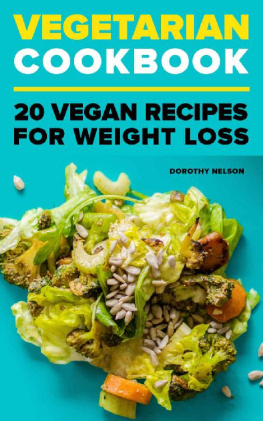
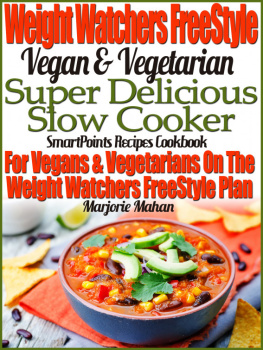



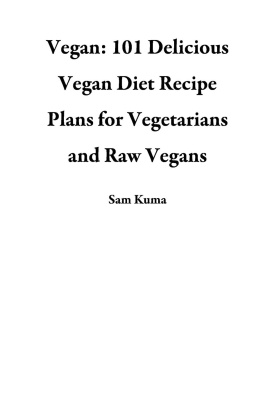

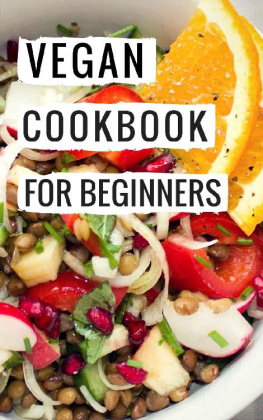
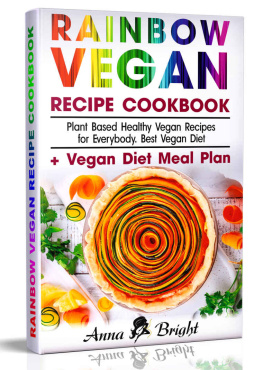

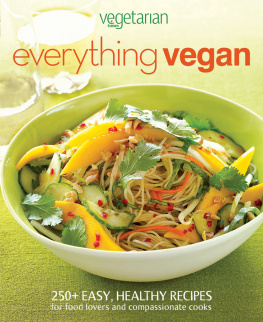
 The above pyramid shows the food that needs to be taken in larger to smaller quantities.
The above pyramid shows the food that needs to be taken in larger to smaller quantities.